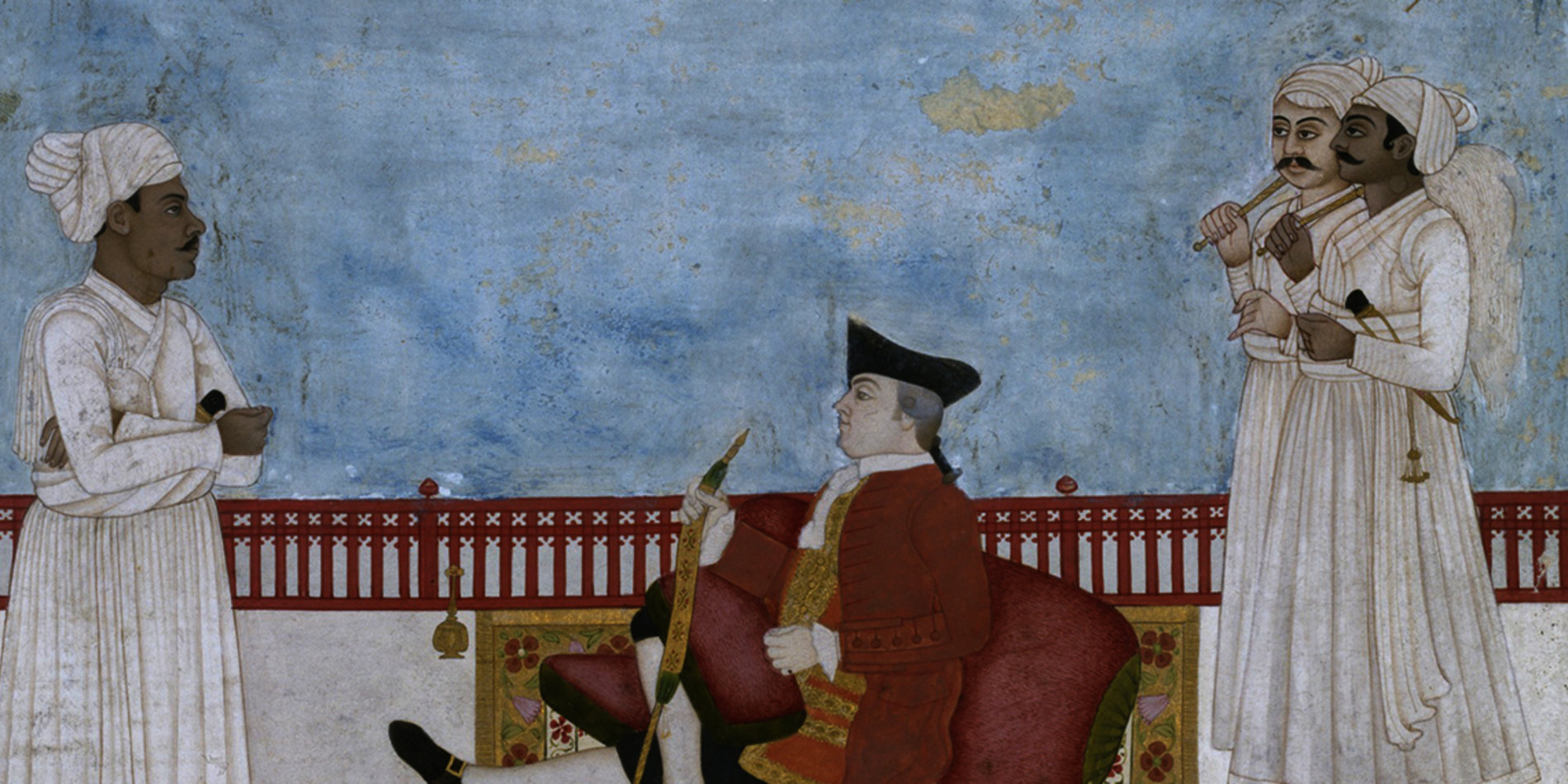HISTORY 9N: How to Start Your Own Country: Sovereignty and State-Formation in Modern History
General Education Requirements
This course is expected to experience high student demand. Frosh, sophomores, and new transfers who decide to rank a high-demand course when making their three selections for priority enrollment are advised to select other IntroSems being offered the same quarter for their second and third choices.
Course Description
What does it mean to start a country, belong to a nation, or own sovereignty over a territory? Such questions comprise the focus of this seminar, which will investigate fundamental concepts in our international system: state formation, statehood, and sovereignty.
The seminar will conduct its analysis in an unorthodox way. Rather than focus on histories that illustrate the coherence of sovereignty and statehood, the seminar will examine various lesser-known histories in which sovereignty and statehood appear greatly confused and/or hotly contested. Each week we will spotlight a different case study, including: "Discovery" in the New World; the UK-China lease for control of Hong Kong; the "corporate state" of the legendary British East India Company; the US Naval Station in Guantanamo Bay; international responses to the Indonesian invasion of East Timor; Disney World; and Sealand.
The seminar is organized thematically; every week, it tackles a particular problem. Readings may include: (1) basic "textbook" history, which will provide some necessary background and historical context; (2) a selection of influential secondary texts incorporating a range of perspectives and, whenever possible, writings of scholars "arguing against" each other; (3) primary texts comprising important speeches, polemical tracts, contemporary newspaper accounts, opinion pieces, etc.
Your final assignment will be to compose a prospectus outlining how you would start your own hypothetical country—either in the present day, or (counterfactually) at a particular moment in the past. There is much room for creativity. While preparing this project, you will analyze, with reference to the past, how other would-be countries have tried to win public and political acceptance as a state. In the process, you will be initiated into the art of historical research, and you will gain valuable orientation for some key debates currently underway across the world.
Meet the Instructor: Steven Press

"I became interested in how people 'start countries' while conducting my PhD dissertation research on an under-examined aspect of European Imperial History: chartered-company governments in the late 19th century. It was quite strange for me to think that back then, companies could not only run businesses but also rule over hundreds of thousands of people simultaneously. That dynamic is what sparked my interest in how states come about—and how they differ from other forms of social organization."



